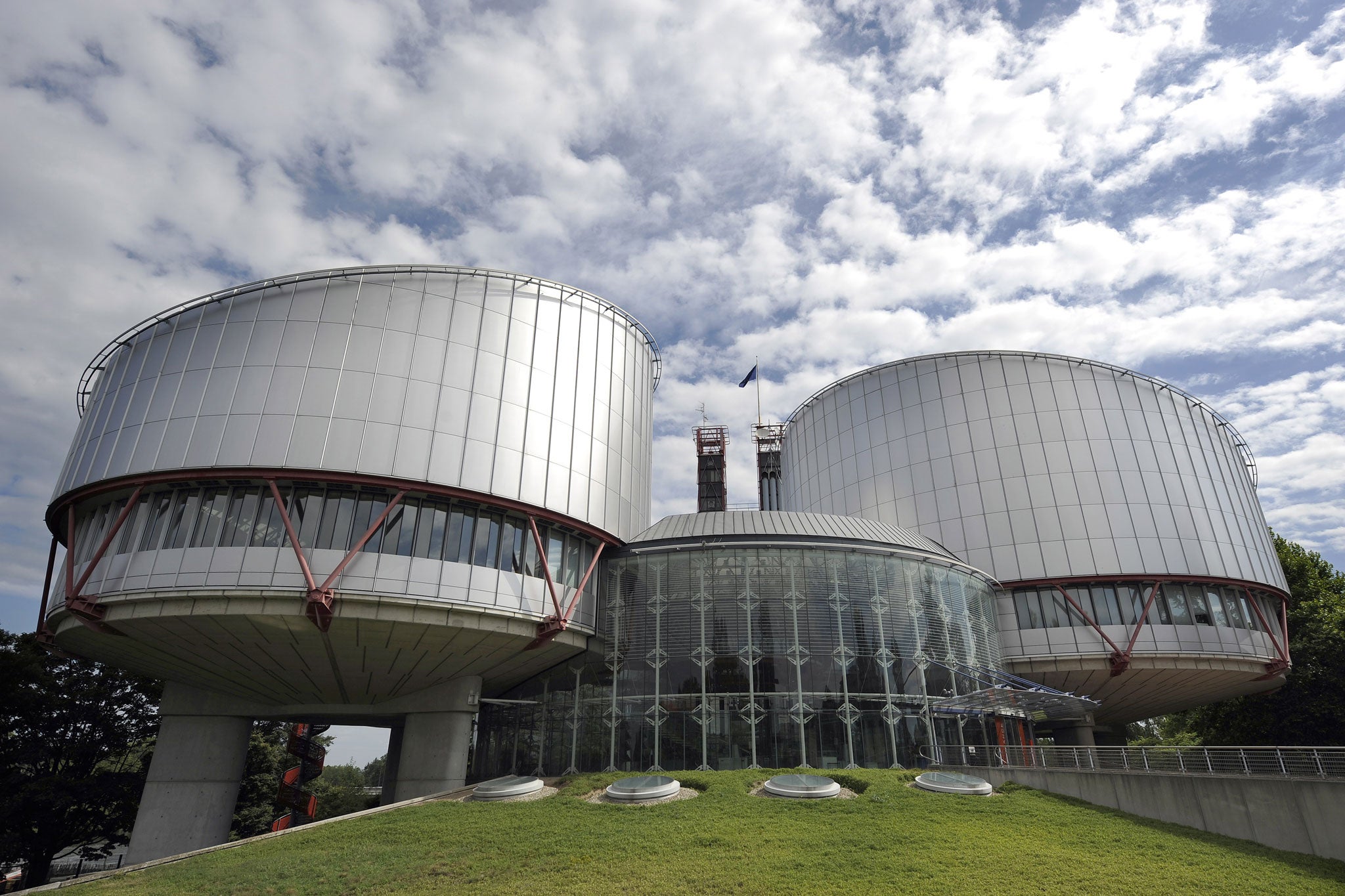David Cameron and Theresa May have clashed with the ECHR, but tying the hands of governments is essential for a healthy democracy
Constraints on governments prevent them for their worst excesses

The quality of democracies is not measured by their treatment of majorities, but that of minorities. People in vulnerable positions must be protected. Courts, and certainly the European Court of Human Rights in Strasbourg, have been instrumental in establishing civil rights for certain minority groups at times when a majority of the population was not yet ready to accept them. Had we relied exclusively on popular support, we would not today have enshrined rights for women, homosexuals, ethnic and religious minorities. Nor would we have abolished the death penalty.
As a Liberal, I am not in the habit of arguing for less freedom. However, when it comes to defending that bastion of human rights and the rule of law in Europe - the Strasbourg Court - against attacks by governments, I make an exception. These criticisms are not about promoting individual liberty, but giving freedom to the state to act without restraint. I believe that in some cases it is a good thing for governments to have their hands tied.
Politicians like David Cameron and Dutch PM Mark Rutte claim that the Strasbourg Court restricts their room for manoeuvre and argue that national parliamentary sovereignty should always prevail. The Dutch ruling conservative liberal party of Mark Rutte has called for the Strasbourg Court to be curtailed, as it has often condemned Dutch asylum policies for violating human rights and forced the government to change course. In the UK, Home Secretary Theresa May is the latest politician who has tried to raise her profile by attacking unpopular decisions taken by the European Court of Human Rights and suggesting that the UK should withdraw from the court altogether.
Dangerous
However, opportunistic political leaders who have called for a weakening or abolishing of human rights standards should think twice before setting such a dangerous precedent. They claim that the Strasbourg Court restricts their room for manoeuvre and that national parliamentary sovereignty should always prevail. Yet would they be willing to apply that same logic if the Muslim Brotherhood majority in Egypt decided to reduce women's rights, if a majority in the Russian Duma voted to ban freedom of assembly or if the Turkish Parliament were to pass laws gagging the media? Politicians such as Russia's Vladimir Putin or Hungary's Viktor Orbán would certainly very much welcome the reining in of the Strasbourg Court. Perhaps Cameron and Rutte should pick their allies more carefully.
International treaties, and certainly those of a constitutional nature, are rigid for a reason. They must be stable in the long-term and resist short-term, populist changes. Some might argue that these laws go against the express wishes of the representatives of the people and so lack democratic legitimacy. But even democratically elected governments are capable of gross violations of human rights and the rule of law. Recent history in Europe reminds us of that, from extraordinary rendition and torture flights to the clampdown on media freedom in Hungary. One of the fundamental strengths of the European Convention of Human Rights is that it provides a permanent set of rights that are insulated from the political process. Indeed, how long would a Conservative-drafted 'British Bill of Rights' last under a Labour government? Some UK journalists might even be tempted to test the new UK Royal Charter on press regulation in the Strasbourg Court.
Populism
Of course, judges do not operate in a moral vacuum; they interpret the law against the backdrop of the values and culture of today’s society. But they must be able to resist political pressure, and doubly so when it concerns fundamental rights. A strong Human Rights Court, with the ability to overrule governments, is an essential element of a healthy democracy with robust checks and balances. We have all signed up to the Convention of Human Rights and we voluntarily submitted to the rule of the Human Rights Court. And just as in the US the rulings of the Supreme Court takes precedence, even if in some states public opinion disagrees.
Cameron and Rutte should embrace the international, independent peer review that the Strasbourg Court provides. They both studied history. They should know better than to make such opportunistic attacks. As political leaders, they have a duty to defend our freedoms and rights in the long-term. Britons and other Europeans have made huge sacrifices for the establishment of those rights and freedoms. We owe it to them, and to future generations, to see that they are upheld.
Sophia In't Veld is a Dutch Member of the European Parliament for the social liberal party Democrats 66 as part of the Alliance of Liberals and Democrats for Europe
Join our commenting forum
Join thought-provoking conversations, follow other Independent readers and see their replies
Comments
Bookmark popover
Removed from bookmarks